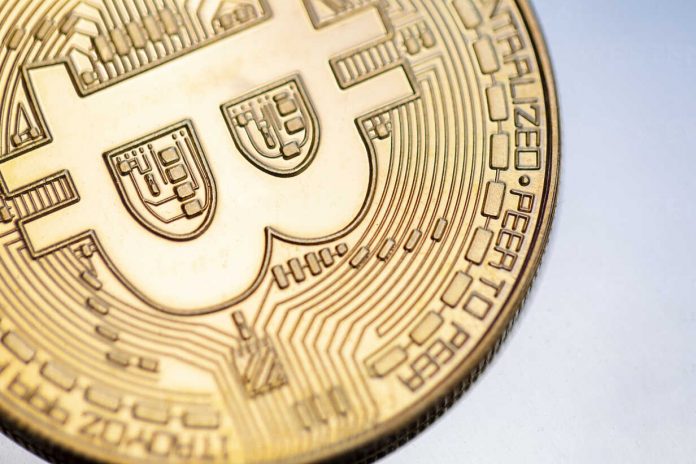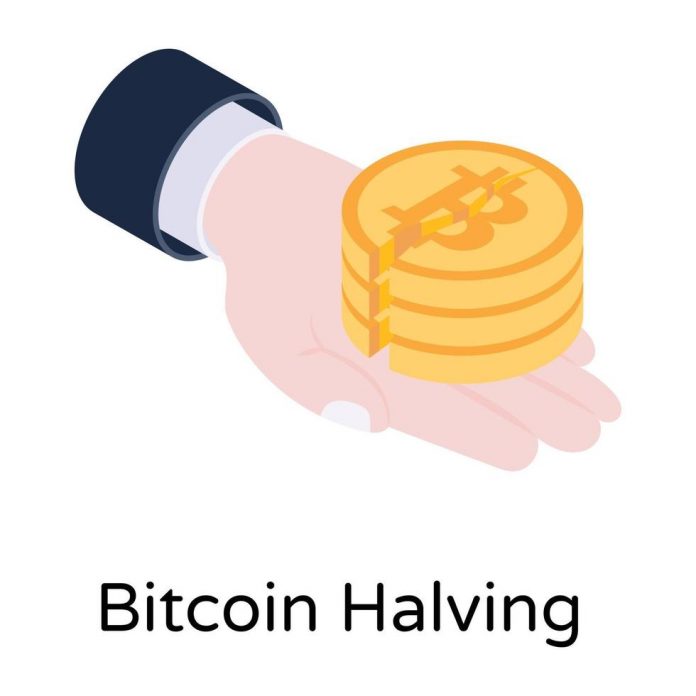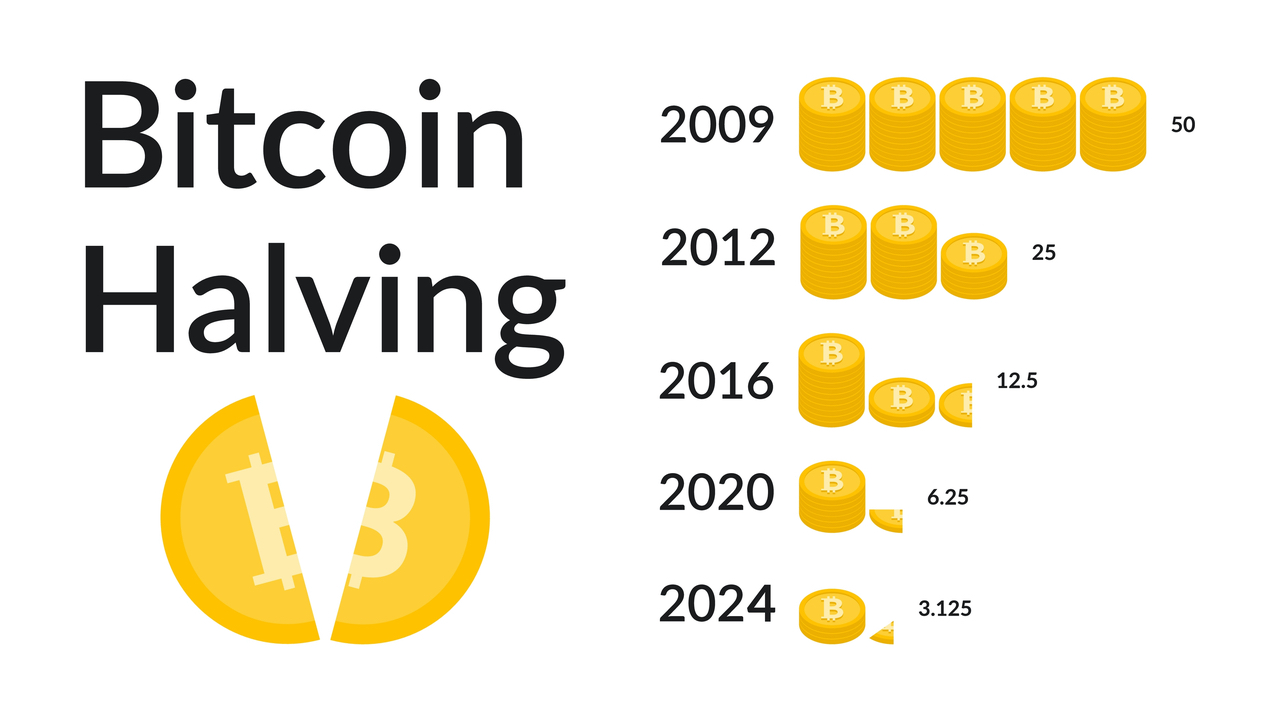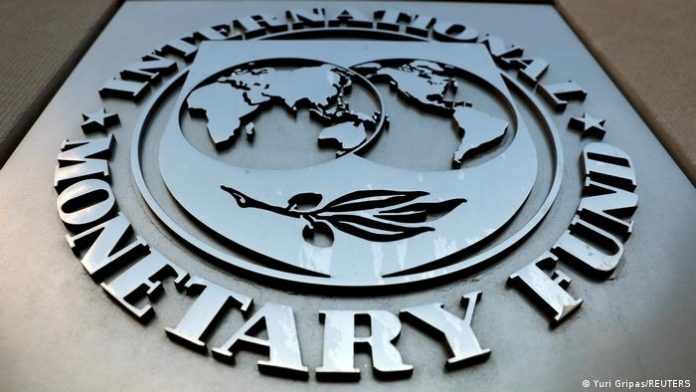According to a new report, Nigerian authorities’ ban on Twitter and restrictions on cryptocurrency trading have “crippled foreign direct investment in the fintech industry.”
A new report has found that restrictions imposed by Nigerian authorities on crypto trading may have contributed to the reduced foreign direct investment that goes to the fintech industry. The same restrictions, as well as the banning of Twitter, have also adversely affected young Nigerians who were earning money via crypto trading.
The report, which is titled Africa’s Urbanisation Dynamics 2022: The Economic Power of Africa’s Cities, was jointly published by the secretaries-general of the Organisation for Economic Cooperation and Development (OECD) and the United Nations (UN).
“The restrictions on cryptocurrency transactions and the outright ban of Twitter in Nigeria have crippled foreign direct investment in the fin‑tech industry and negatively impacted millions of young Nigerians who earn a living from the sector,” the report concluded.
However, an excerpt from the report published by Business Insider Africa suggested some Nigerian youths may have found ways to “lawfully bypass these restrictions and continue the business.” This fact is also backed by a Bitcoin.com News report which stated that peer-to-peer crypto trading in Nigeria had surged shortly after the central bank asked financial institutions to stop facilitating crypto-related transactions.
By switching to alternative yet legal ways of transacting, the report opined that traders were “effectively denying Nigeria the taxes and transaction fees that would otherwise come into the system.”










